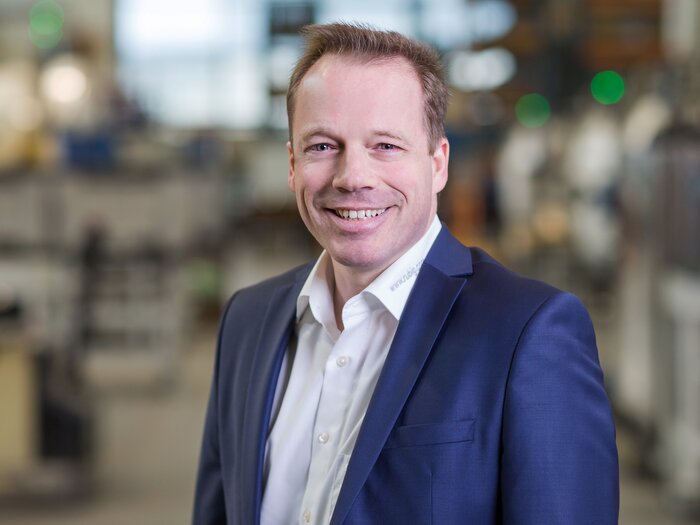Heat Treatment Solutions by RUBIG
For extreme requirements:
With our technology, your material is prepared!

The demands on modern heat treatment solutions and products are constantly increasing, as are the demands on the materials from which they are made. RUBIG Heat Treatment has been the recognized specialist for the heat treatment of steel and aluminum materials for over 40 years. The extensive range of services, from competent materials consulting by the in-house materials laboratory to a wide range of processes for every challenge, offers individual solutions.
The range of processes at RUBIG extends from annealing treatments (e.g. stress relief annealing for welded structures) to hardening in a vacuum or with an inert gas to surface hardening by case hardening, nitriding (plasma nitriding or gas nitriding) and special processes such as LPC (low pressure carburizing) or high carb (advanced carbonitriding process).
Ensure optimum properties and a long service life for your component – with heat treatment processes from RUBIG!
RUBIG works to the strictest quality standards. All heat treatment and hardening processes are documented, traceable, and aligned with industrial standards. State-of-the-art testing and measurement technology ensures that every component meets the required specifications precisely.
1. Improvement of material properties: The mechanical properties of metals can be significantly improved by targeted processes such as hardening or tempering. The result are materials that are harder, more resistant to wear and at the same time more flexible to withstand the stresses of daily use.
2. Increase in service life: Especially in the automotive industry, where safety and durability are paramount, heat treatment makes an invaluable contribution. It ensures that metal parts can withstand the high loads and changing environmental conditions for years without losing reliability. This significantly extends the service life of cars and contributes to sustainability by conserving resources and reducing waste.
3. Customized solutions: Each metal and alloy reacts differently to heat treatment processes. Modern technologies make it possible to optimize materials specifically for their areas of application, be it in aerospace, automotive construction or medical technology. This opens up new possibilities for engineers and designers in product development.
4. Quality and safety: Compliance with the highest quality standards, is a basic requirement in many industries. Heat treatment processes help metal parts meet these standards by ensuring structural integrity and performance.